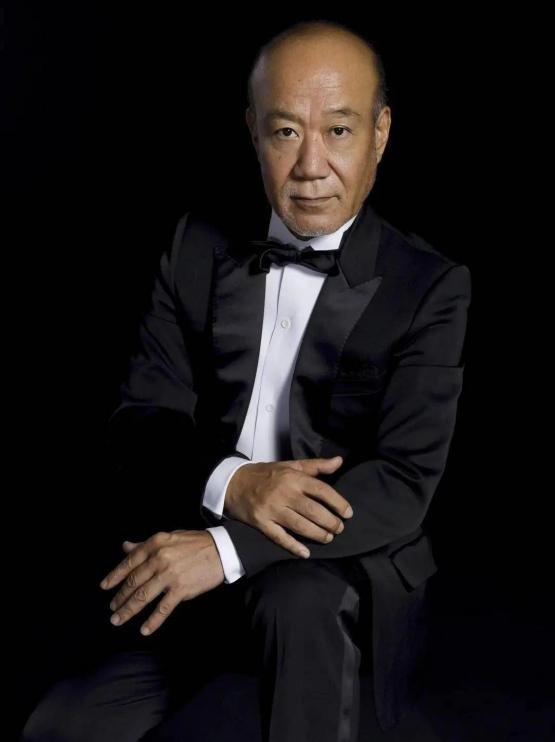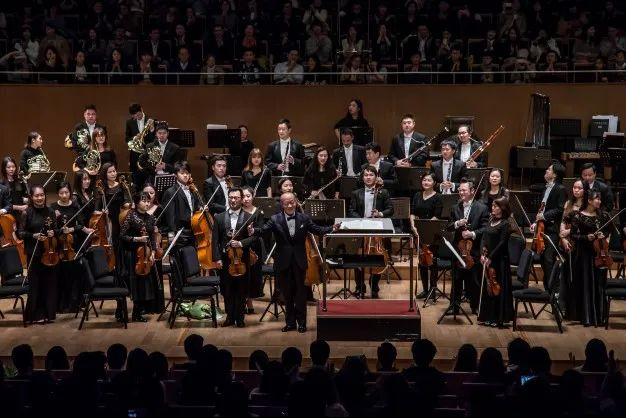Music knows no borders, and rights protection also knows no borders. Long term music touches the heartstrings of people and does not distinguish national boundaries. Kushirang's music can always evoke the purest emotions in people. He and Hayao Miyazaki have formed excellent combinations, such as classic works such as "Sky City", "Thousand Away", "Dragon Cat", "Hal's Mobile Castle", and "Ghost Princess", which are well-known to people and have become the favorite of the younger generation of Chinese anime fans. And the piano pieces of Hisaishi Rang have become popular songs in concerts.

Joe Hisaishi, born on December 6, 1950 in Nakano City, Japan, is a Japanese musician, composer, and pianist. He graduated from the National Conservatory of Music of Japan. The stage name "Jiushirang" is derived from his idol, American black musician and producer Quincy Delight Jones II.

However, in recent times, there has been a copyright lawsuit in China against Jiushirang. According to the official information of the China Music Copyright Association, the specific case is as follows:
Since 2015, the Beijing Philharmonic Classic Orchestra has repeatedly used well-known works created by renowned Japanese musicians such as Mr. Hisaishi Rang in its concerts, such as "Kikujiro's Summer", "Moonlight's Cloud Sea", "That Summer", "Water Traveler", and "Once Again (Thousand and Thousand Seeks)". According to Article 38 of China's Copyright Law, performers who use works of others for performance shall obtain permission from the copyright owner and pay remuneration. The organizer of a performance shall obtain permission from the copyright owner and pay remuneration for organizing the performance. In this regard, the Music Writers Association has repeatedly communicated with the Beijing Philharmonic Classic Orchestra regarding the licensing issues for the use of these works in their performances. The communication was unsuccessful. In October 2022, the Music Association filed a lawsuit with the court requesting that the Beijing Philharmonic Classical Orchestra cease its infringement and bear compensation liability. After a court hearing, it has been determined that the Beijing Philharmonic Classical Orchestra has committed infringement and should bear the liability for compensation to the Music Writers Association.

In the first instance judgment, the People's Court of Xicheng District, Beijing found that the defendant Beijing Philharmonic Classical Orchestra's unauthorized use of others' music works for performance constitutes infringement, and should stop the infringement and compensate the Music Association for economic losses and reasonable expenses totaling over 37000 RMB.
In the intellectual property protection system, there is no national boundary for the protection of intellectual property achievements. The right that Kushirang is seeking to remedy in this case is a type of intellectual property, namely copyright. Copyright refers to the general term for the property and spiritual rights enjoyed by natural persons, legal persons, or other organizations in literary, artistic, and scientific works.
In this case, the reason why the China Music Copyright Association was able to protect the rights of Jiushirang is due to the provisions of Article 8 of China's Copyright Law: copyright owners and rights holders related to copyright can authorize collective management organizations to exercise copyright or rights related to copyright. After being authorized, a collective management organization for copyright can claim rights on behalf of the copyright owner and related rights holders in its own name, and can act as a party in litigation and arbitration activities related to copyright or related rights.
In other words, after obtaining authorization from the music copyright owner, the China Music Copyright Association can protect the legitimate rights and interests of the copyright owner through litigation when their copyright is infringed. There are two ways to authorize, one is for the music copyright owner to join the Music Writers Association and become a member of the Music Writers Association. The second is to sign mutual representation agreements with copyright collective management organizations in Hong Kong, Macao, and Taiwan, as well as foreign countries, to manage the relevant copyrights of member works of similar organizations in China (excluding Hong Kong, Macao, and Taiwan).
In this case, Mr. Jiushirang is a member of the Japan Music Copyright Association, and the China Music Copyright Association has signed a mutual representation agreement with the Japan Music Copyright Association. Therefore, the China Music Copyright Association has the right to advocate for his rights in China (excluding Hong Kong, Macao, and Taiwan) in his own name.
This system can maximize the convenience for copyright owners to protect their rights worldwide and also play a role in preventing intellectual property infringement in various regions. This case is an example of safeguarding rights without borders in the context of music without borders. The prosperity of the music and cultural industry requires a strong music copyright protection system, and this collective management system improves the efficiency of rights protection. A good system not only promotes the legitimate use of music by music users, but also stimulates the inexhaustible motivation of music copyright owners to create, adding a touch of beauty to the world.